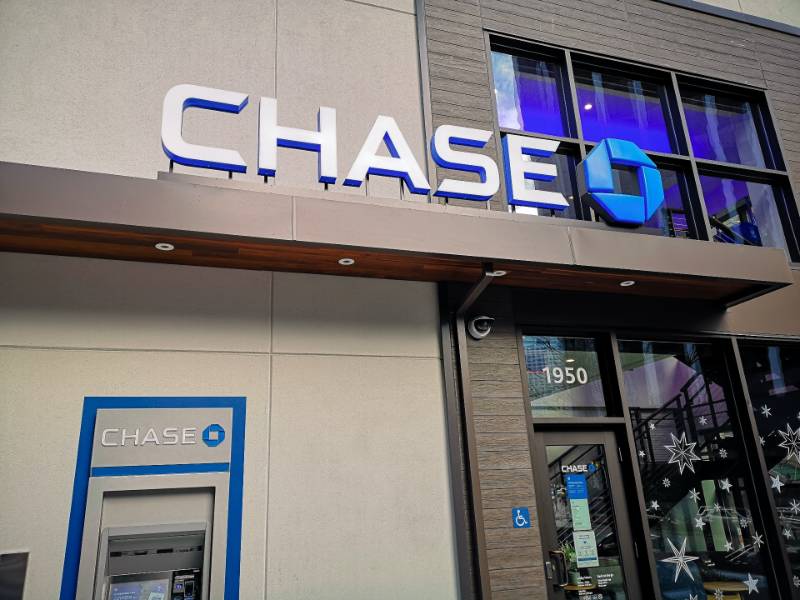
A former Chase bank teller is accusing the bank of violating California labor laws in a class-action lawsuit.
The plaintiff states that Chase failed to pay hourly employees their fully earned wages, among other labor law violations. Rocio D. worked as a teller at a California Chase location from August 2019 until late 2020. During that time, she said she was:
- Routinely underpaid,
- Forced to perform off-the-clock work, and
- Denied regular meal and rest breaks.
Additionally, Rocio accused the financial institution of failing to adequately reflect overtime wages when calculating rates of pay.
Accusations Against Chase Bank
Time Shaving Practices
Rocio’s testimony details that she was regularly scheduled and paid for five-and-a-half- to six-hour work shifts. However, her actual time spent working often totaled closer to eight hours.
The discretion arose due to the bank’s requirement for tellers to tally their drawers before and after their documented shift times.
Additionally, the bank allegedly required hourly workers to round down on their reported start and stop times. The bank also told employees to log only the time they were scheduled to work, not the actual hours they worked.
Overtime Wages and Rates of Pay
In the lawsuit, Rocio also accused Chase of other payment undercutting practices. When the bank paid employees overtime wages, they allegedly did not consider non-discretionary bonuses.
Such non-discretionary bonuses should be regarded as part of a non-exempt employee’s pay and total compensation rate.
Therefore, under California labor law, the increased rate should have been used to calculate payment when overtime work occurred. However, Chase did not acknowledge or apply those increases.
Denial of Breaks
Finally, Rocio reported that her employer did not allow her to take proper meal and rest breaks.
Under California labor law, an employee who works a shift lasting longer than five hours must receive a 30-minute unpaid meal break. According to Rocio, she was denied breaks and did not receive compensation for the additional time spent working.
Lawsuit Details
These time shaving practices and off-the-clock work requirements culminate in hourly employees like Rocio receiving significantly less payment than they earned.
After quitting her position with the bank, Rocio filed a lawsuit on behalf of a proposed class against Chase.
The exact number of potential class members is unknown, but Rocio believes that the action represents numerous non-exempt tellers and Chase associates.
She represents the class and seeks compensatory damages, restitution, interest, and court and legal fees. The case is currently in the Superior Court of the State of California for the County of Los Angeles.
Contact Our California Class Action Attorneys
When a group of employees shares a common complaint against their employer, they can pursue a class-action lawsuit.
In California, class-action lawsuits hold employers accountable for wrongful actions against their workforce, protecting future employees from harm and compensating past or current employees.
At the Workplace Rights Law Group, our class action employment attorneys passionately advocate for California workers.
With nearly 75 years of combined experience in employment law and millions of dollars recovered for our clients, we know how to take on large companies like JPMorgan Chase Bank.
If you are a current or former employee of Chase and want to join this class-action lawsuit, give one of our employment attorneys a call at 818-844-5200 for a free case review.
Click here to learn more about class action lawsuits in California.
